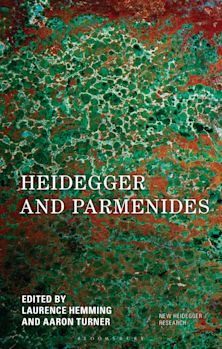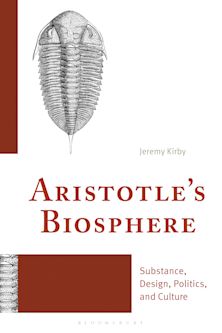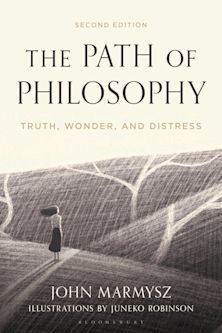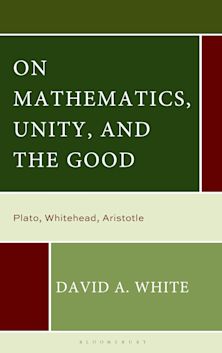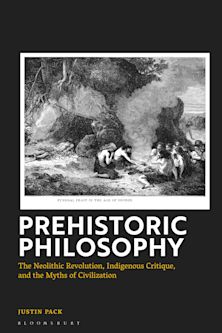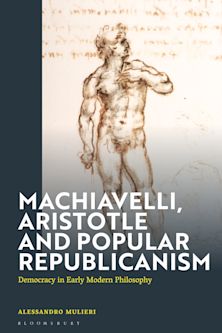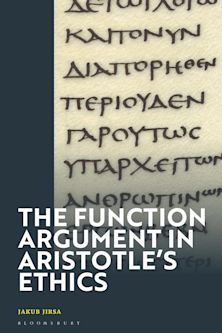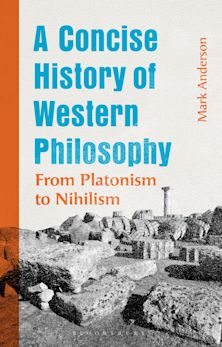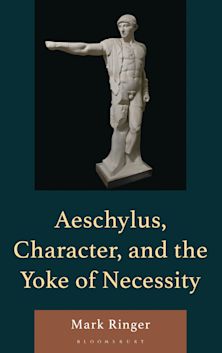- Home
- ACADEMIC
- Philosophy
- Ancient Philosophy
- Plato and Plotinus on Mysticism, Epistemology, and Ethics
Plato and Plotinus on Mysticism, Epistemology, and Ethics
Plato and Plotinus on Mysticism, Epistemology, and Ethics
You must sign in to add this item to your wishlist. Please sign in or create an account
Description
This book argues against the common view that there are no essential differences between Plato and the Neoplatonist philosopher, Plotinus, on the issues of mysticism, epistemology, and ethics. Beginning by examining the ways in which Plato and Plotinus claim that it is possible to have an ultimate experience that answers the most significant philosophical questions, David J. Yount provides an extended analysis of why we should interpret both philosophers as mystics. The book then moves on to demonstrate that both philosophers share a belief in non-discursive knowledge and the methods to attain it, including dialectic and recollection, and shows that they do not essentially differ on any significant views on ethics.
Making extensive use of primary and secondary sources, Plato and Plotinus on Mysticism, Epistemology and Ethics shows the similarities between the thought of these two philosophers on a variety of philosophical questions, such as meditation, divination, wisdom, knowledge, truth, happiness and love.
Table of Contents
Introduction
1. The Ultimate Experience: The Evidence of Mysticism in Plato and Plotinus
2. Epistemology: Plato and Plotinus on Knowledge
3. Ethics: Plato and Plotinus on Happiness, How to Live, and How Not to Live
4. Conclusion
Notes
Bibliography
Index Locorum
General Index
Product details

| Published | 23 Feb 2017 |
|---|---|
| Format | Ebook (PDF) |
| Edition | 1st |
| Extent | 304 |
| ISBN | 9781474298445 |
| Imprint | Bloomsbury Academic |
| Series | Bloomsbury Studies in Ancient Philosophy |
| Publisher | Bloomsbury Publishing |
About the contributors
Reviews
-
The book offers a felicitous opportunity for mining primary and secondary sources for anyone who is interested in the subjects of Platonic discursive and non-discursive thought, the tension between spiritual ascent and epistemology, or between divine gift and human virtue.
Journal of the History of Philosophy
-
This book makes an in-depth, compelling case for essential similarities between the philosophical doctrines of Plato and Plotinus. It also provides a clear and concise introduction to those doctrines, and to scholarly issues surrounding its topic.
Michael Wagner, Professor of Philosophy, University of San Diego, USA
-
[This] book is highly accomplished in its scholarship and clear both in its structure and its style … [Its] grasp of the detail and its critical comparison are formidable.
Bryn Mawr Classical Review
-
This is a work of impressive scholarship and argumentative power, from a scholar who has made a number of previous contributions to our understanding of Socrates, Plato and Plotinus … [A] formidable effort on the part of David Yount.
The Journal of Hellenic Studies

ONLINE RESOURCES
Bloomsbury Collections
This book is available on Bloomsbury Collections where your library has access.












